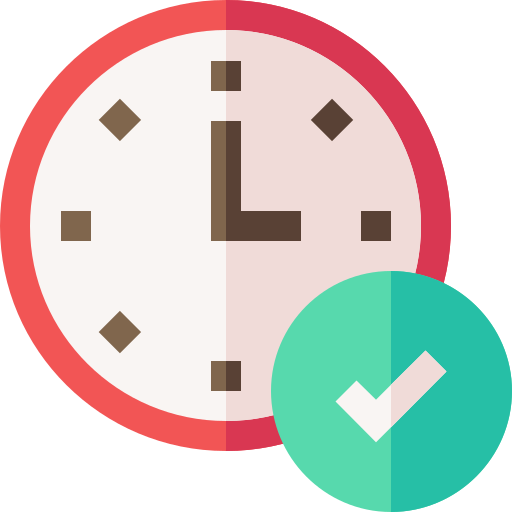Loan against Property
A Loan Against Property (LAP) allows the consumers to raise funds against their residential, commercial, or industrial properties. These funds can be used for various personal or business financial needs, such as medical emergencies, business expansion, or home renovations. Even after getting LAP, you maintain the ownership and usage rights of your property. These bank loans come with the lower interest rates in comparison to unsecured bank loans.
 Interest Rate
Interest Rate
Usually 10.49% p.a. onwards; some PSUs may offer lower rates
 Loan Amount
Loan Amount
Can go up to Rs 40 lakh; some lenders may offer higher loan amounts
 Tenure
Tenure
Up to 5 years (some lenders offer repayment period till 8 years)
 Processing Fees
Processing Fees
0.5% to 4% of loan amount (may vary across lenders)
Last updated: 24 December, 2024



